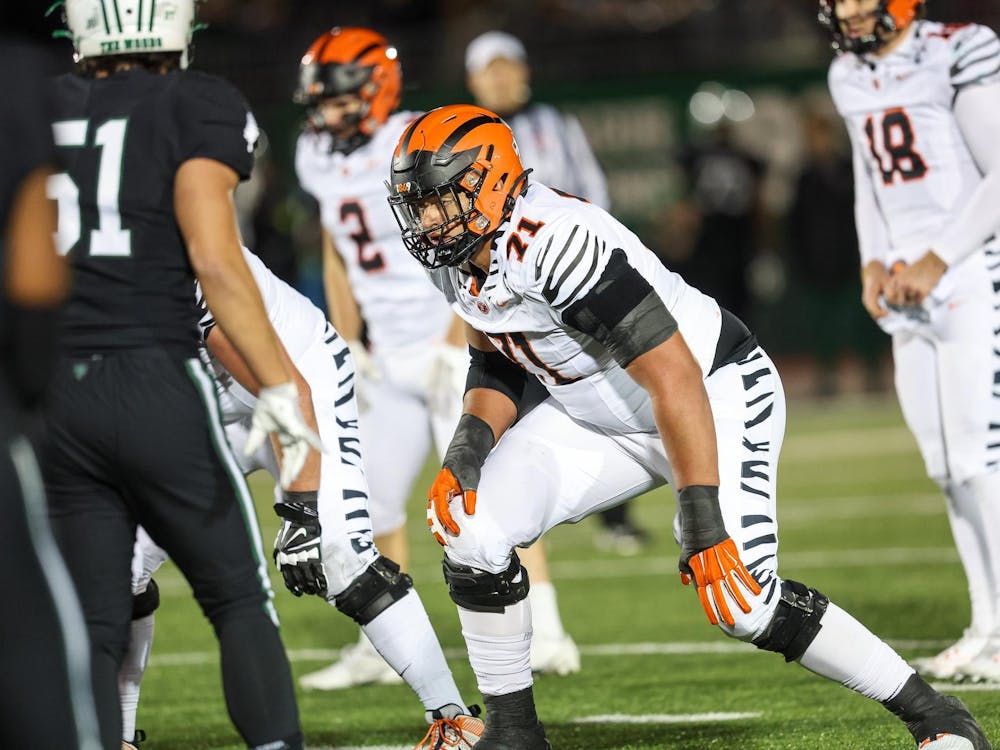Q: Wait, is there really a threat of that?
A: Yes, and it’s pretty serious. The NFL’s current “Collective Bargaining Agreement” expires on March 3 of this year and the NBA’s expires on June 30. If new agreements are not in place by these deadlines, the owners will lock out the players, which means no season until they come to a decision.
Q: What do the collective bargaining agreements determine?
A: The CBA determines the exact value of the salary cap, the distribution of revenues between the owners and players and all the other stuff fans don’t want to think about.
Q: What are the issues at stake for the NFL?
A: The NFL owners are threatening a lockout because they recognize that they made a poor deal in the last CBA. Despite the continued success of the NFL (revenues have never been higher), increases in player salaries and benefits over the course of the current CBA have been proportionally higher than the overall revenue increase, reducing the NFL’s profit. The Green Bay Packers, who release their financial records as the only publicly-owned NFL team, reported a profit of $9.8 million for the year ending March 31, 2010, which sounds healthy but is significantly smaller than their profit of $34.2 million for the year ending March 31, 2007, when the current CBA was put into place. The owners also want to raise profits further by increasing the schedule to 18 games, a proposal which, given the enormous popularity of the league, would certainly provide a sizable increase in operating revenue.
For their part, the players say that the current agreement is working well for both sides and that an 18-game schedule would be too dangerous given the already severe issues the NFL has had with injury, especially concussions.
Q: What are the issues at stake for the NBA?
A: The situation in the NBA is a little bit different than the situation in the NFL. The owners are actually losing money and want to slash the players’ percentage of basketball-related income from 57 percent to somewhere near 40 while imposing a harder and lower salary cap and reducing guaranteed money. The players say that revenue has been increasing and that the system works well. They counter cries of owner hardship with tales of the enormous contracts handed out not only to stars but to mediocre players, like $34 million over five years for Amir Johnson or whichever center the Dallas Mavericks are overpaying these days.
Q: What would the owners do?
A: Weigh their pride and their enormous wallets against the surging tide of public opinion. There’s little to no danger that any owners would hurt too much financially; for many of them, owning a franchise isn’t even a profitable business move. They would probably spend most of their time trying to convince the public that they aren’t money-grubbing jerks.
Q: What would the players do?

A: They have several options. Old stars such as Kobe Bryant and Ray Lewis would presumably use the lockout to get much-needed rest while trying to keep their bodies in shape for as long as possible. Plenty of young miscreants would party until they ran out of money, Antoine Walker-style. Plenty of quarterbacks would actually have time to deal with their concussions. LeBron James might take his talents to South Beach more frequently. Maybe Shaq would eat Fenway Park. Some players, such as the Dallas Mavericks’ German star Dirk Nowitzki, have said they would play in Europe if there was a lockout.
Q: Would anybody benefit from this?
A: Baseball and hockey would presumably take advantage of the massive vacuum in sporting interest. College basketball would keep all the underclassmen who would normally jump to the NBA and presumably have one of its most star-filled seasons in years. Anyone with particular sports schadenfreude would probably like it, and European basketball leagues would be falling over themselves in excitement.
Q: What does an uninformed 21-year-old Princeton student think is going to happen?
A: I’m so glad you asked! I would point you to two unrelated numbers: 50 million and 1999. 50 million is the number of television viewers of the NFL’s conference championship games, an absolutely staggering number.
The NFL owners can posture all they want, but they have to eventually come to the conclusion that it’s not worth even the possibility of alienating the most profitable fan base in the world. The NFL can’t afford to lose its appearance of invincibility as the only league without a major work stoppage in the last 20 years. The 2011 season will be played.
The NBA, on the other hand, could well be gone for part of the season or more. David Stern knows how many NBA players live from paycheck to paycheck, paying for exorbitant entourages and cars and card games; the owners waited out the players in the 1999 lockout, and they absolutely could do it again.
The NBA owners are also less likely to cave than the NFL owners because they are currently losing money and need to restructure the agreement.
If I had to predict, I’d guess that we lose half a season of the NBA and that when it comes back there will be a smaller salary cap and maybe even an NFL-like franchise tag to protect teams from what LeBron did to the Cavaliers. Blake Griffin, you’d better hope Donald Sterling sells the Clippers soon. I think you’re stuck there for the long haul.







